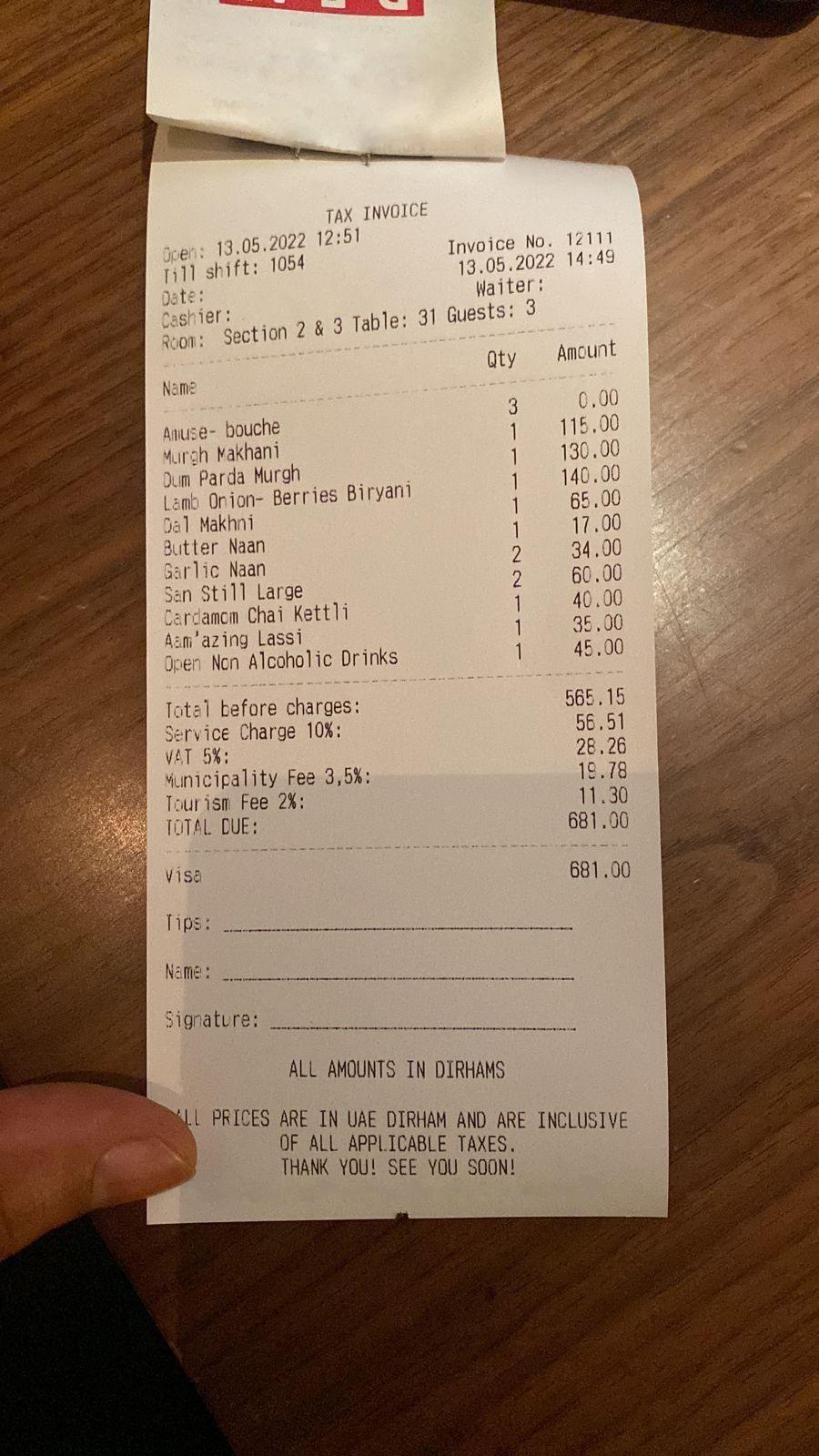If you are a business owner, you might ask, “Do I charge VAT to Dubai?”
This question is important for businesses dealing with the UAE. VAT, or Value Added Tax, rules can be confusing.
This guide will help you understand VAT rules for Dubai. We will cover everything from basics to exceptions.
What is VAT?
VAT is a tax added to goods and services. It is paid by the consumer. The business collects the tax and pays it to the government.
Many countries use VAT to raise revenue. It is similar to sales tax but has some differences.

Credit: www.reddit.com
VAT in the UAE
The UAE introduced VAT on January 1, 2018. The standard VAT rate in the UAE is 5%.
Businesses must register for VAT if their taxable supplies and imports exceed AED 375,000 per year.
Who Needs To Register For Vat?
- Businesses with taxable supplies over AED 375,000 per year.
- Businesses with imports over AED 375,000 per year.
- Businesses expect their taxable supplies and imports to exceed AED 375,000 in the next 30 days.
Credit: travel.stackexchange.com
Do I Charge VAT to Dubai?
Whether you charge VAT to Dubai depends on several factors. These include the type of goods or services and the location of your business.
Goods Sold To Dubai
If you sell goods to Dubai from outside the UAE, you may not charge VAT. This is because the UAE considers these goods as imports. The buyer in Dubai will pay import VAT.
If you are a UAE business selling goods within the UAE, you must charge VAT. This includes sales to Dubai.
Services Provided To Dubai
The rules for services are different. If you provide services to a business in Dubai from outside the UAE, you usually do not charge VAT. The business in Dubai will account for VAT using the reverse charge mechanism.
If you are a UAE business providing services within the UAE, you must charge VAT. This includes services to Dubai.
Exceptions to VAT
There are some exceptions where you do not charge VAT. These include zero-rated and exempt supplies.
Zero-rated Supplies
Zero-rated supplies are taxable but at a 0% rate. You do not charge VAT, but you can still claim input tax credits.
Examples of zero-rated supplies include:
- Exports of goods and services.
- International transport services.
- Certain education and healthcare services.
Exempt Supplies
Exempt supplies are not taxable. You do not charge VAT, and you cannot claim input tax credits.
Examples of exempt supplies include:
- Financial services.
- Residential properties.
- Bare land.
How to Register for VAT
If you meet the requirements, you must register for VAT. Here is how you can register:
- Visit the Federal Tax Authority (FTA) website.
- Create an account or log in.
- Fill out the VAT registration form.
- Submit the required documents.
- Wait for approval from the FTA.
How to Charge VAT
Once you are registered, you need to charge VAT. Here are the steps to follow:
- Add 5% VAT to the price of your goods or services.
- Issue a VAT invoice to your customers.
- Keep records of all VAT transactions.
- File regular VAT returns with the FTA.
- Pay the VAT you collected to the FTA.
Frequently Asked Questions
Do I Need To Charge Vat To Dubai?
You do not need to charge VAT on exports to Dubai.
Is Vat Applicable For Dubai Customers?
VAT is not applicable to customers in Dubai for exported goods.
What Is The Vat Rate For Dubai?
The VAT rate for Dubai is 0% for exports.
Do I Include Vat In Dubai Invoices?
No, you do not include VAT in invoices to Dubai.
Conclusion
Understanding VAT rules is crucial for your business. Whether you charge VAT to Dubai depends on the type of goods or services and your business location.
Remember to consider zero-rated and exempt supplies. Register for VAT if required and follow the steps to charge VAT correctly.
By following these guidelines, you can ensure compliance and avoid penalties.

Ahmed bin Rashid, a seasoned travel enthusiast and visa process expert and the successful Businessman in Dubai. With an LLB from the University of Bolton in 2015, he combines his legal knowledge with his passion for exploration, offering invaluable insights into Business formation and visa processes around the globe. Follow Ahmed’s captivating journeys and expert advice to embark on your unforgettable adventures & Business.

